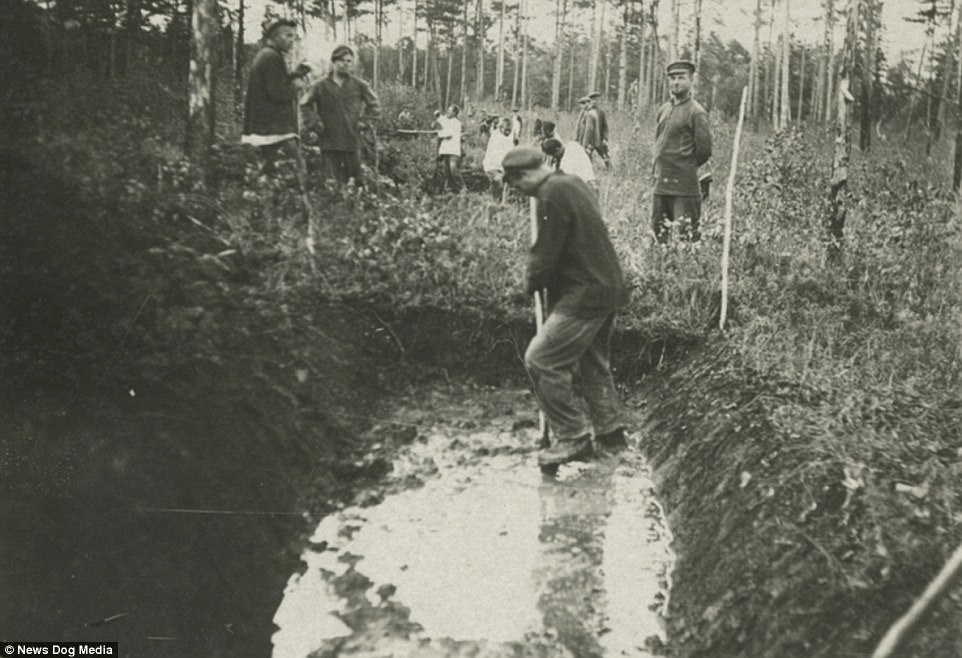As Dostoevsky said somewhere: if you want to totally destroy a prisoner psychologically, just make them dig a hole and fill it in again, over and over, all day long – and in some gulags, they actually tried that out as a form of torture and he was right, it worked. It drove people completely crazy.
David Graeber
If you don’t know David Graeber, he’s the “Bullshit Jobs” guy. Gotten a lot of publicity in the “Work isn’t great and we owe it to ourselves to make it better” world since 2013. I think I’ve linked to his stuff once or twice, but I have no idea where. I’ve written over 2,300 posts here. Sue me.
Now look at this quote above. Think about what white-collar work often is: it’s about checking boxes. A lot of people do the same shit over and over. Update this spreadsheet. Fill these boxes. Present this report. Go to this check-in. Etc, etc.
And yet, that’s the same way we tortured people in gulags.
Well, fundamentally. It’s easy to come up with a counter-argument. If you get paid 60K to update spreadsheets, that’s different than digging ditches in a gulag, because you can put the 60K towards a cool weekend in Denver. People in the gulags couldn’t do that. I do understand that difference.
But to your brain, how much of a difference is there? I mean, really? It’s still meaningless crap and you know it’s meaningless crap. I am not sure how much the money changes it from a pure biology standpoint.
In fact, the bigger point of that article I linked above is that Graeber thinks the preponderance of bullshit jobs — and there are many — has led to increased polarization, because everyone is resentful of everyone else’s stock in life. At the same time, we’ve got all these narratives about “pursuing your passion,” but the path to that passion with financial freedom is a steep climb for a lot of people. Polarization is an easy argument to carry in the US and UK right now (Trump/Brexit) but I don’t know about globally.
I’ve been blogging about this stuff for five years now. All I can tell you is that work is broken in many places, and the ditch-digging/gulag stuff is right. Most jobs don’t need to exist, and are often there because some manager wanted more headcount to seem important, or because a couple of deadlines dropped somewhere and the assumption was “We need more bodies!” as opposed to “Let’s figure out how to maximize what we have here.” The whole system is often inhumane.
We can fix work and fix jobs — job role is one notable place to start — but it’s very hard in the short-term-focused business world we live in. In those environments, task work will always win out, often confused with “productivity,” and the ditch-digging gulags, now replaced with skyscrapers, will continue.
